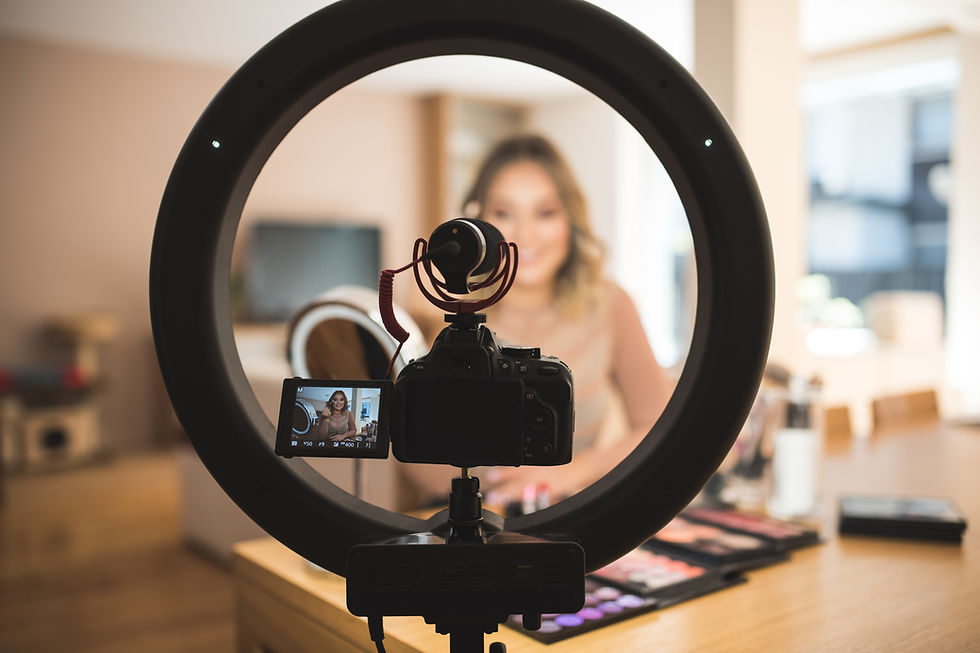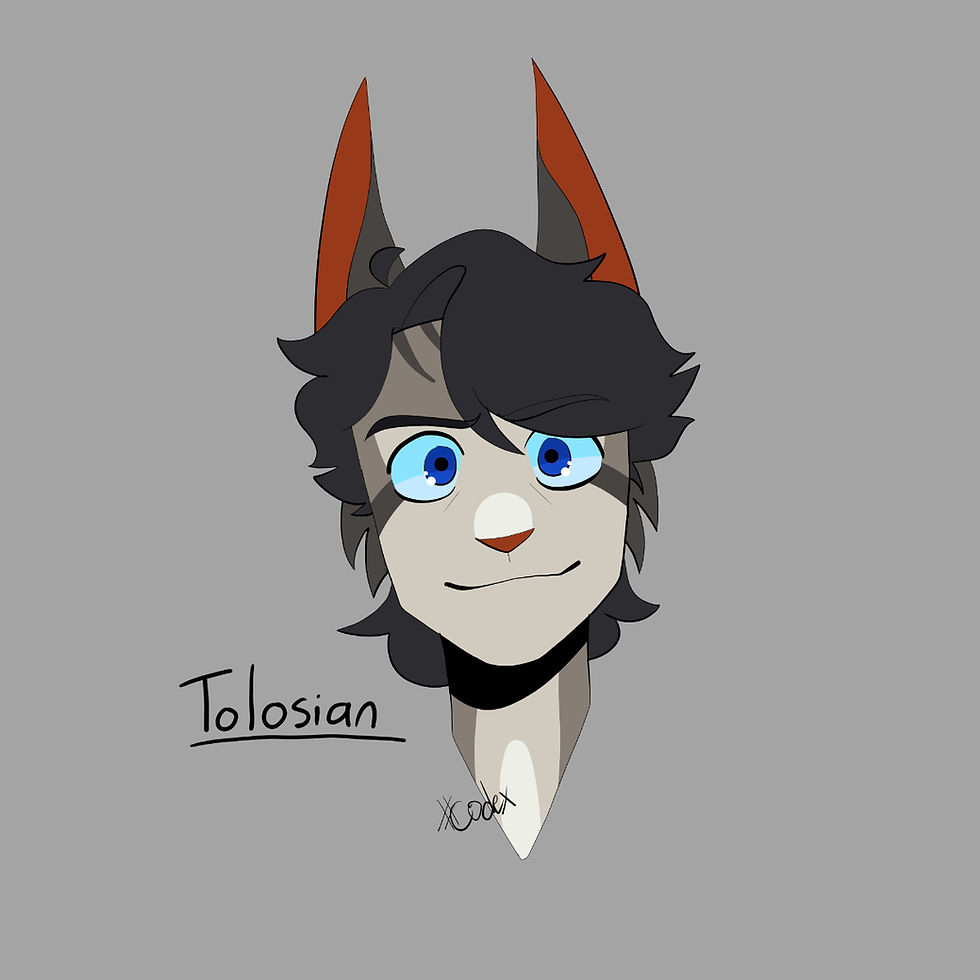Do You Need Social Media Before You Publish? *
- Leeyanne Moore

- Mar 12, 2024
- 6 min read
Updated: Mar 15, 2024

*Non-fiction: If you’re writing a non-fiction book, yes. You really need a platform. Publishers want to sell 25,000 copies. The market is so competitive, publishers want you to bring an audience with you who will buy your book. If you bring an audience of 10,000 people to a book, publishers are happy.
By having a platform over years, you’ve also honed your message for the audience you’ve built up, so by this time, a savvy author will be on point in their book about what her audience needs in book form.
Fiction: No. You don’t need a platform.
For teens I suggest no social media: My students who aren’t on social media write books faster than those who are. They have better focus. They—dare I say it?— seem more confident in their writing. I always stand by parents who say ‘no’ to social media for teens.
However, adult reader, I’m not sure that answer will be satisfying to you.
Let’s discuss how to strategize your use of social media so it doesn't become what it is for most people: an addictive time suck.
Write first, dur. You know you need to write a book first. Have you? Okay then that’s your answer. If you’re a working adult with a job and a semblance of a social life or a family life, conserve those precious hours of time for writing. Bottom line: you need to write first. How I do this: I write first in the day. Evenings and weekends are for social media. I do what I call 'drive by' Facebook--I skim through in five minutes. If there's an article that I want to read I save in in a "read later" bookmark.
Finished it! Let’s say you have finished a novel. You want to start doing social media--and keep writing. First, track your time as you start trying to do both. How many hours are you writing vs how much time you spend on social media? The ratio should be something like five to one. For every five hours writing, spend no more than one hour on social media. Do social media after writing time is over. If you can't use social media as a tool without losing substantial writing time, don't do social media.
Let’s look at what are publishers are thinking.
I trace my own steps as a reader. I just read The Luminaries by Eleanor Catton and I’m having a big book hangover. I’m suddenly obsessed with this author. What’s her story and what else has she written? The point is that if I loved a book, I’m left wanting at the end of the experience. I’m seeking something more, though I’m not sure just what.
This is exciting to publishers! This author now has an opportunity to convert me into one of her fans. I first go on Amazon to see all books by her. From there I look at her Amazon author page. Then I probably check out her website. Googling her website might bring up more stuff that I explore. Her latest book is Burnam Wood. It’s not historical, but it’s also got a kind of mystery at its core. She’s very young. She’s from New Zealand, and at this point, if I’m from New Zealand, I might get into even more of an excited tizzy. In the end, I check out Burnam Wood from the library. That’s what I do, and that's pretty much what my friends do as well – what do you do?
This is what publishers ideally want from authors. First comes the good book that leaves a reader wanting more. Then comes the social media that funnels a reader towards finding out about more books, or perhaps provides the reader a chance to experience the author's charming, witty, outrageous personality. A third option is allowing readers a chance to stay a little bit longer in the world they didn’t want to leave at the end of the book. Know yourself. Know that if you're an introvert, that second option really isn't for you.
Key points from the publisher’s perspective:
A) Can people find you on the web? Can they easily find out about your first book and the book after that? Even a basic website is better than nothing. Go look at a bunch of new authors publishing in your genre. They probably have pretty minimal sites that give a certain vibe. Get yourself one of those. (And get help to set up a website if tech things are challenging for you.)
B) Get yourself a newsletter. It's never too early to set one up. Are you professional in how you interact with would-be readers? Are you charming, witty, sincere, enthusiastic, friendly and kind? This is what the agent and publisher are looking for. Conversely, you can always stick to just news – when the next book is coming out, when you’ll be at a conference--things like that.
C) You, as an author with social media, will include below your signature on your query letter all your social media links. If you have a highly significant following (around ten thousand followers or more on a platform) you can mention that. At the very least, if you're writing fiction, it helps having the basics: a website and a newsletter. Writing non-fiction? Jane Friedman has things to say about platforms for new non-fiction authors.
More social media axioms to remember for your own sanity:
· If you’re new to engaging in a form of social media, it’s always going to feel a little strange to use at first. Eventually, it will seem completely natural.
· People who join one form of social media early and stick with it over time can build a pretty big following. It almost always takes several years of engagement to build a significant following.
· Catch your own addictive behaviors. People get sucked in through various ways. I know someone who started buying stuff for her home because it would look great on Instagram. Someone who got sucked into being negative and ranting on twitter because she got a charge from it and felt righteous. I know people who gave away free items related to their books, and garnered no sales from their media platform at all. The book is what drives readers and fans to find you. The next book is what they want more than anything else. Focus on that.
· Social media, unlike writing a whole novel, has quick measurables that allows you to see interactions with people. Checking on these measurables and attempting to respond to them is an addictive form of behavior too.
· There’s always going to be a bright shiny new form of social media. Do not angst about this. You don’t have to take it up and use it.
· Do not believe people who say that you have to be on any particular form of social media. They lie. If that form of social media—despite giving it a few months—continues to suck the life from you every time you use it, give it up!
· Don’t ditch a site you’ve been on for years to chase after brand new fringe-y social media sites. Stick to what you’ve been working on and build.
· When something’s been around for a bit, but the gold rush hasn’t yet seriously begun—that’s the best time to join up and establish yourself. Let’s say two years into the popular site. Then you can gain that edge when the gold rush starts.
· It’s a tool, it’s not pure social time. Only do PR for your book 25% of the time. For 75% of your engagement present a wedge of yourself, just a wedge. Relate your journey as an author...Always keeping in mind that you’re building relationships here, not tearing them down. Keep it on brand: if you write eco fantasy, then post on owls or ultraviolet florescence of mammals at night.
· Eventually, every form of social media undergoes--and I use this as a technical term—shittification of the site. More on that HERE.
· You don’t have to do all the things. No one has to do all the social media things. (Check out Becca Syme for more on this.) It’s okay to quit.
Bye, my friends! Have a great week. Leave comments or questions below. If you or someone you’re raising is interested in writing a big project and would like support, use the contact form or email me at info.leeyannemoore@gmail.com. We'll chat about you/your learner as well as the project to see if I can help.












Comments